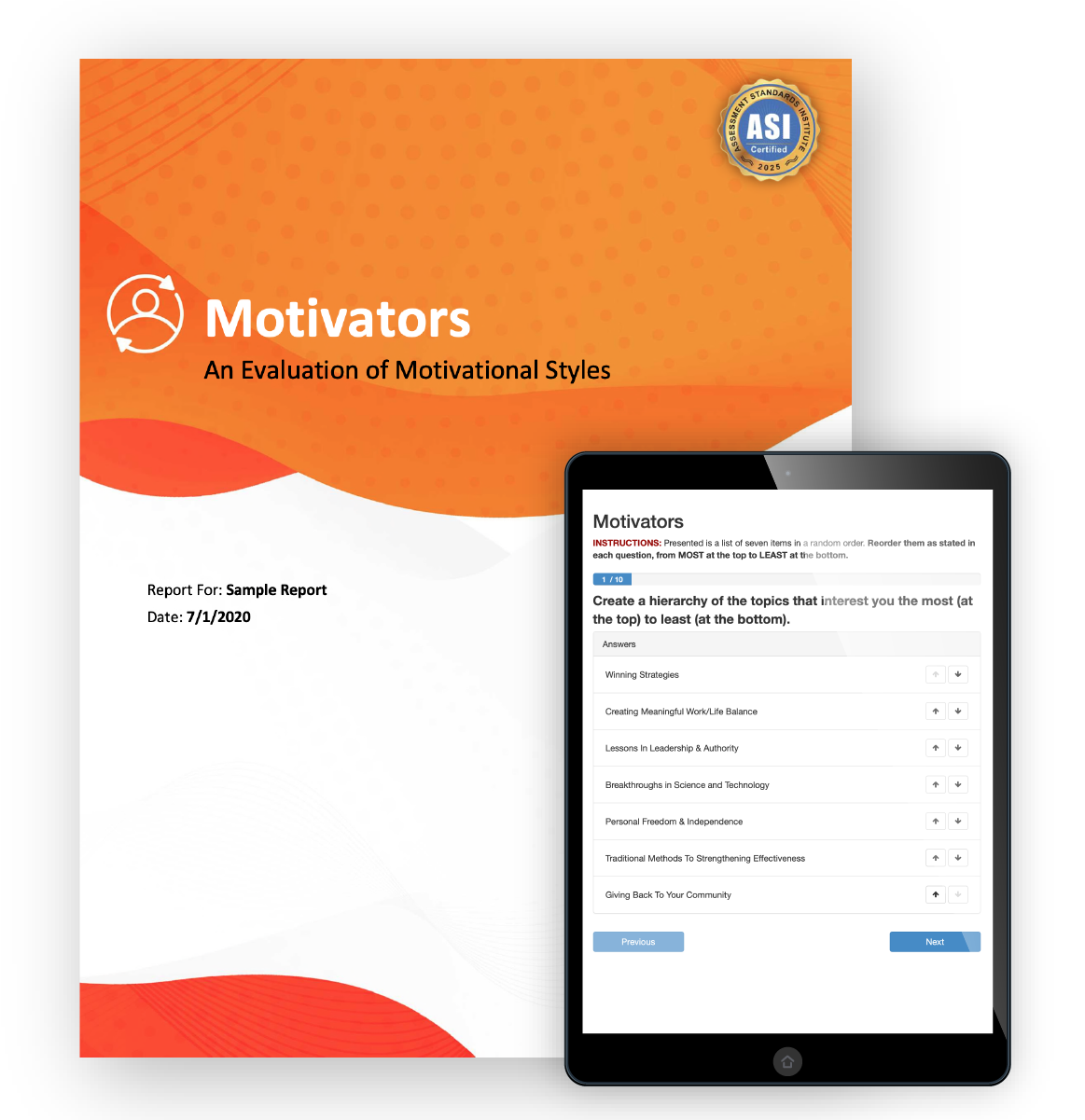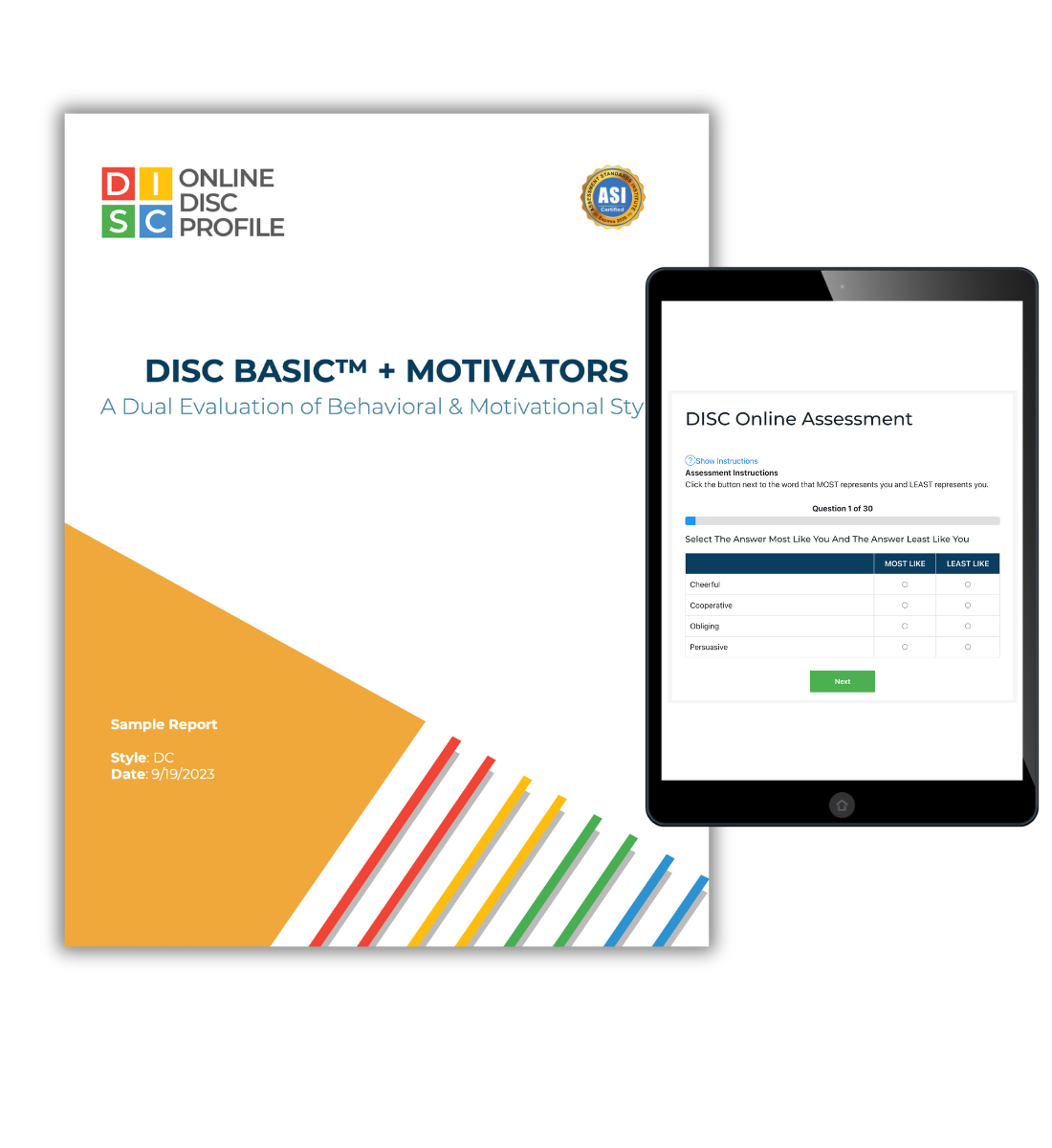Motivation Tests: How they work and how to use them
Adam Stamm
Managing Partner: Online DISC Profile
What is a motivation test?
A motivation test is a psychological assessment that measures what motivates a person to behave in a certain way. Motivation tests can be used in various settings, including job interviews, educational assessments, and counseling.
There are many different types of motivation tests, but they all typically measure the same basic things. These include:
- Personal preferences: What kind of work do you enjoy doing? What are your interests and values?
- Drives and needs: What motivates you to achieve your goals? What do you need to be satisfied with your work?
- Attitudes: How do you view work? Do you see it as a challenge or a chore?
Motivation tests can be valuable for employers, educators, and counselors. They can help identify people who are likely to be successful in certain positions or would benefit from certain interventions.
However, it is important to note that motivation tests are not perfect. They can be subjective and influenced by a person’s mood or state of mind. Additionally, they may not be able to predict future behavior with 100% accuracy.
What is the research behind motivation tests?
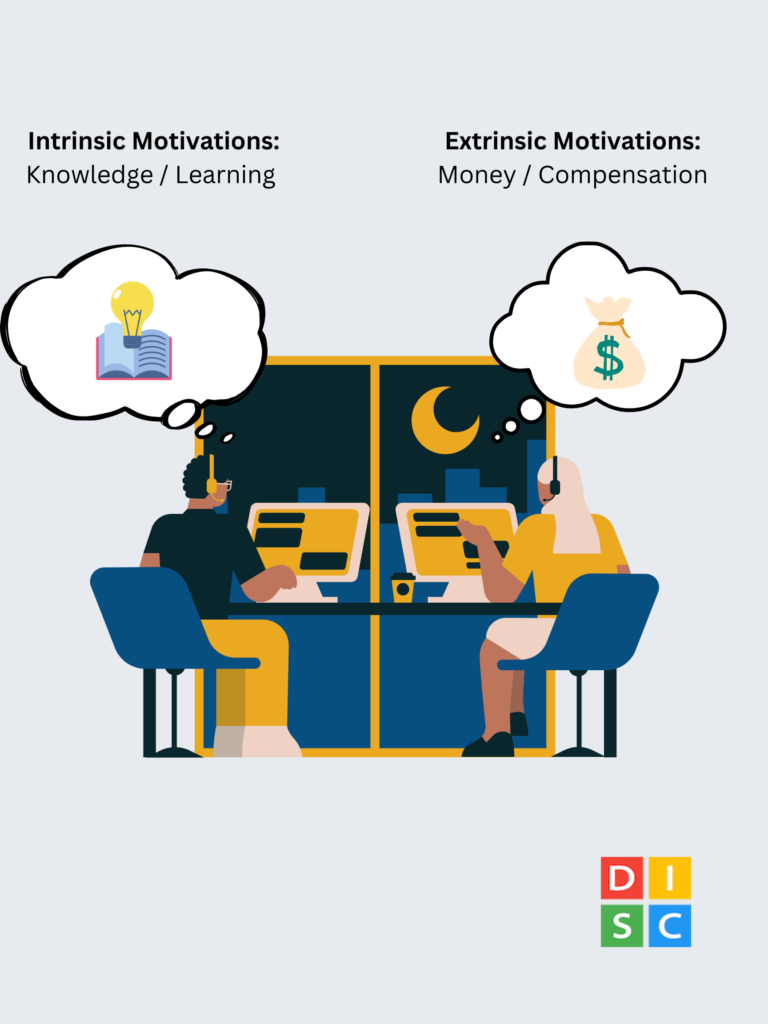
There is a lot of research behind the theory of motivation and motivation tests, but it is a complex topic still being studied. However, some general findings have emerged from this research.
One of the most important findings is that there are two main types of motivation: intrinsic and extrinsic.
Intrinsic motivation is driven by internal factors, such as a person’s interest in the task or the desire to achieve mastery. External factors, such as rewards or punishments, drive extrinsic motivation.
Research has shown that intrinsic motivation is generally more effective than extrinsic motivation in the long term. This is because intrinsic motivation leads to deeper engagement with the task and greater satisfaction.
However, extrinsic motivation can be helpful in the short term, especially when it is used to help people develop new skills or behaviors. Motivation tests like the Motivators assessment seek to understand these types of characteristics.
Another important finding is a number of factors, including personality, goals, and environment, influence motivation. For example, people with high conscientiousness (C-Personality Type) are more likely to be motivated by achievement goals, while people with high openness to experience are more likely to be motivated by learning goals (I Personality Type / S Personality Type).
How can you use motivation tests?
Motivation tests are used in various settings, including job interviews, education, counseling, and personal/professional development. These tests are often used in conjunction with other personality assessments like DISC.
Job Interviews and Motivation Tests
Motivation tests can help employers assess if a candidate’s motivational style is aligned with the work of the position they are applying for. Tools like the motivators assessment and PXT Select are designed for this specific purpose.
The Motivators Assessment measures potential candidates based on 7 different motivational styles.
This can help employers understand how well a candidate might fit for the role and potentially what job offer package they may want to make to the candidate. Employers can also use the results as part of the interview process.
PXT Select tests for motivation as one of the three areas it measures. It also measures the behavioral and cognitive abilities of a candidate as well.
If you plan on using a motivation test as part of your pre-employment testing, ensure that the assessments are validated for hiring and have gone through a disparate impact study to ensure that the test isn’t inviting any bias.
Using Motivation Tests for Personal and Professional Development
Understanding your internal motivations can help you understand why certain projects or jobs drain your energy and leave you feeling unfulfilled. Assessments like DISC and Motivators assessment will help anyone develop a great sense of self-awareness that can be used for personal and professional growth.
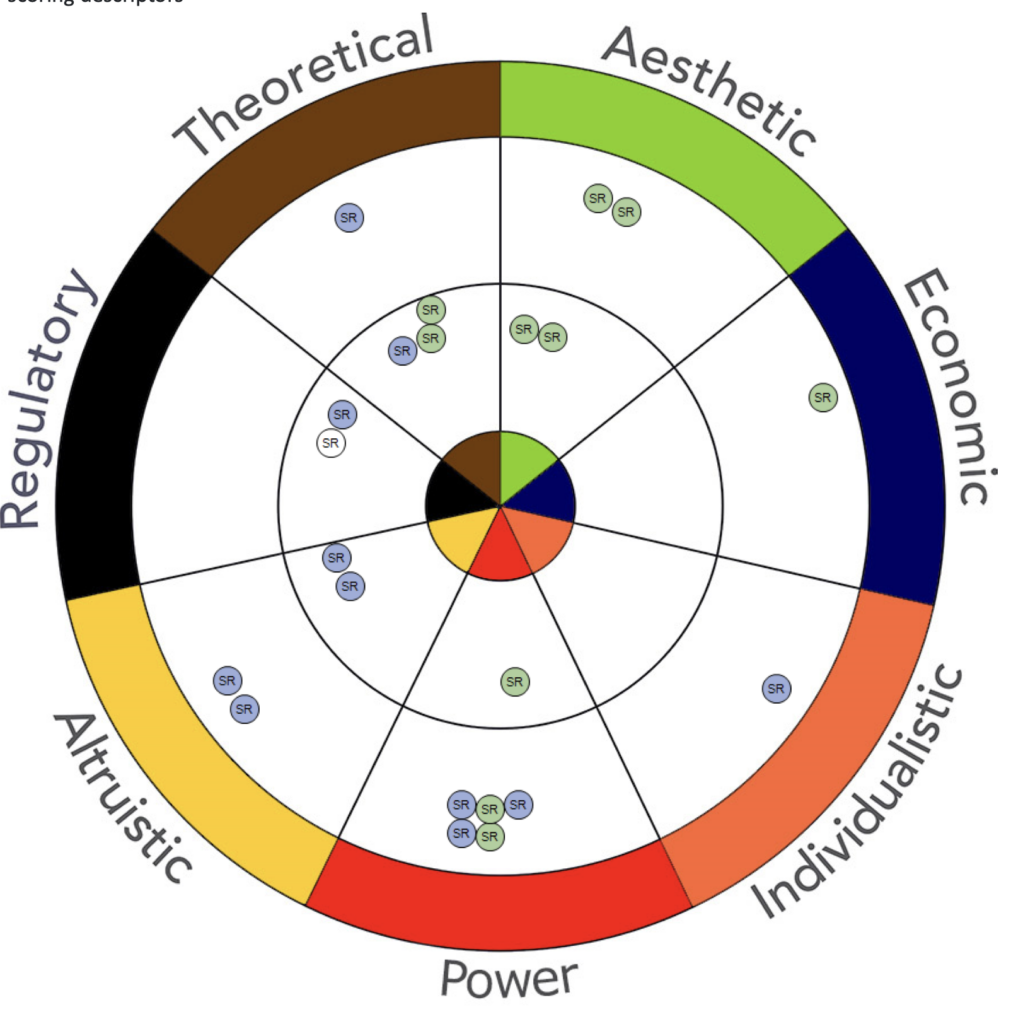
Organizations can use these assessments to understand team behaviors and culture.
Teams might be built with individuals with conflicting motivations that can cause dysfunction. When organizations invest in motivation tests for their employees, they can not only support personal and professional development but also work on cultural and team development.
Many powerful examples of teamwork exist. The common thread between them is a sense of understanding and awareness. Patrick Lencioni’s bestselling book, The Five Dysfunction of Team, exemplifies this process through an easy-to-read fable of a story of a new CEO leading an established team.
Start using motivation tests
Check out our products if you want to start using motivation tests:
